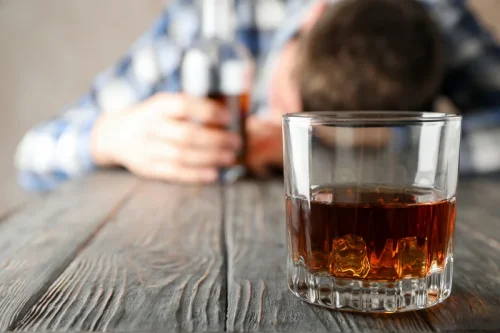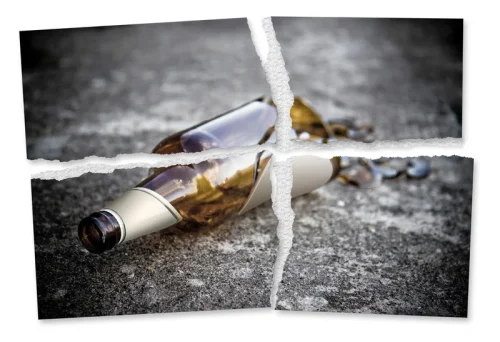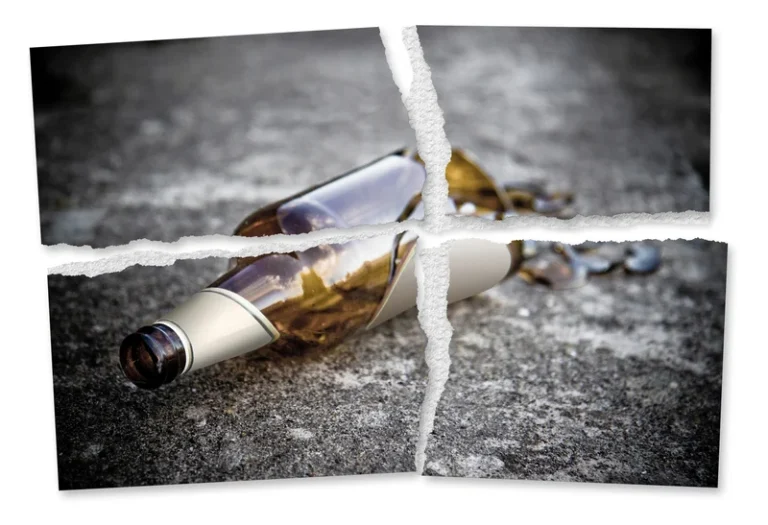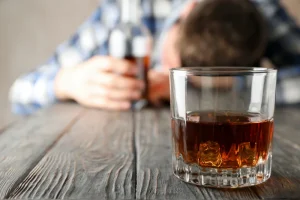Support & Treatment National Institute on Alcohol Abuse and Alcoholism NIAAA
- Posted by lostartist in Sober living
- No Comments
-

You may be able Drug rehabilitation to better compare your options by assessing whether and how the program or provider measures success. Overall, gather as much information as you can about a program or provider before making a decision on treatment. If you know someone who has firsthand knowledge of a program, it may help to ask about their personal experience. Given the diverse biological processes that contribute to AUD, new medications are needed to provide a broader spectrum of treatment options.

Three modern alternatives for “lower intensity” outpatient care

Currently, there are three medications approved for AUD in the United States, and they are an effective and important aid in the treatment of people with this condition. Professionally led treatments include behavioral treatments and medications. At your first appointment for drug treatment, staff will ask you about your drug use. They’ll also ask about your work, family and housing situation.
- Matching the right therapy to the individual is important to its success.
- Has been helping alcoholics recover for more than 80 years.
- The three-step road map outlined in the NIAAA Alcohol Treatment Navigator offers expert guidance to focus and support your efforts.
- It’s important to not enable destructive behaviors and to maintain appropriate boundaries if the person with the alcohol addiction is still drinking.
- Brief Interventions are short, one-on-one or small-group counseling sessions that are time limited.
Your General Service Office (G.S.O.), the Grapevine and the General Service Structure

Groups such as Al-Anon are designed especially for friends and family members of alcoholics. These support groups unite people with similar experiences and provide a space to heal from these negative experiences. Also known as alcohol addiction or alcoholism, alcohol use disorder (AUD) is a clinically-recognized medical condition. Online groups and apps can provide much-needed support, but some issues need the help of a professional.
An Ongoing Process
Understanding the available treatment options—from behavioral therapies and medications to mutual-support groups—is alcohol addiction help the first step. The important thing is to remain engaged in whatever method you choose. Each of these fee-based tools has a research base that shows its potential to help people cut down or quit drinking. How does the program or provider handle a return to drinking?
This SMART Recovery site doesn’t match your location
For most planned interventions, the end goal is treatment. In the case of alcohol use disorder, treatment may also include medical detox to avoid potentially dangerous withdrawal symptoms. There is no https://ecosoberhouse.com/ one-size-fits-all solution for treating alcohol addiction. In addition to receiving physical healthcare through your chosen treatment program, behavioral therapy will also play a large role in your recovery. Behavioral therapy is designed to help you maintain your sobriety and avoid relapse during your initial rehabilitation and afterward.

But while you can’t do the hard work of overcoming addiction for your loved one, your love and support can play a crucial part in their long-term recovery. Many treatment plans begin with a detoxification program to help treat withdrawal symptoms after you stop drinking alcohol. When choosing an interventionist, don’t hesitate to ask about their training and healthcare experience with alcohol abuse.
- Reaching out for help is a courageous first step, and these resources are here to support individuals and families every step of the way.
- By reaching out, you’ve already made the first steps of your recovery journey.
- These advances could optimize how treatment decisions are made in the future.
- Reviewing the results, you may be surprised at your weekly drinking habits.
- These symptoms may appear gradually and can persist even if the person stops drinking.

